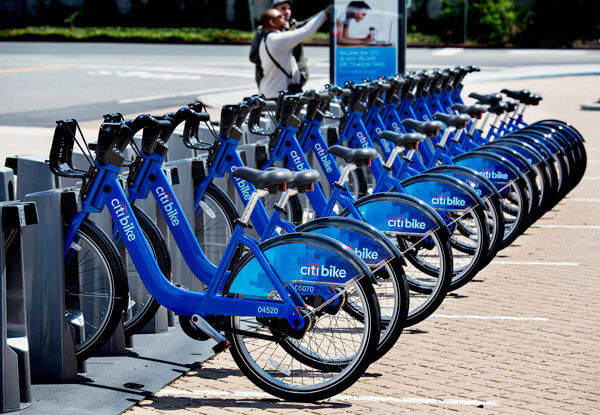By No Byline
In defending the concept of charter schools, it appears we struck a nerve. Many people in northeast Queens are adamantly opposed to the idea of opening tax-funded schools that would be run by private organizations.
The critics argue that when it comes to education, tax money should only be used for traditional public schools. These critics are opposed to both charter schools and any kind of voucher system. But their arguments do not hold water either on the ideological level or as a matter of practicality. Government is right to demand that every child must attend school, whether it be public, private or even a home school. It is also appropriate for government to collect taxes to make certain that every child has access to a quality education.
Few would disagree. But why the assumption that tax dollars should only be spent to fund a massive public education system? Where is the harm in trying creative approaches to education? If the same amount of money is spent in educating the same number of children, there is nothing wrong in principle with parents or interested parties coming together to create schools that reflect their educational priorities. As long as the state establishes minimal standards and goals, as will be the case in the charter schools, there is no ideological barrier to creating a competing system.
On a practical level, the opponents of the charter schools argue that these schools will do nothing to alleviate the overcrowding of the schools in Districts 25 and 26. Even worse, they say the charter schools will siphon off tax dollars that could have been used to build urgently needed schools in northeast Queens.
The overcrowding of Queens public schools has nothing to do with the minimal potential impact of charter schools or vouchers. The overcrowding was caused by record population growth in the area coupled with funding inequities at the city-state level. New York City does not get its fair share of education dollars from Albany. Those dollars are then divided up among the five boroughs by a board in which those boroughs are equally represented. Until the funding process is overhauled, Queens will not be well served.
Ultimately, we do not see the Flushing International Charter School or the school proposed by the Rev. Floyd Flake as a threat to traditional public education. These schools will be free to experiment with curricula and scheduling in ways not possible in the larger system. The Board of Education can learn from the successes and failures of the smaller charter schools.
While the charter proposal may not sit well with the teachers and their union, we believe that the children of New York – all of them -will benefit. Equally important, the charter school concept allows parents a greater voice in the education of their children. Try telling the Board of Education that you would like your second grader to study Mandarin Chinese.
The opponents of the charter schools have failed to make their case. These schools may not work, but they are certainly worth a try.
A forum designed to drum up support for the hate crimes bill was scheduled to take place in Little Neck this week. Oddly enough, the organizers said the date was chosen to coincide with the one-year anniversary of the killing of Matthew Shephard. Shepard was the 21-year-old student who was killed in Laramie, Wyoming, allegedly because he was openly gay.
Seems to us that the Shepard case is proof that America does not need a hate crimes law. Two of the men charged in this crime have already been tried and sentenced to life in prison with no possibility of parole. A third is still awaiting trial. Fortunately, this jury didn't have to worry whether these men hated Shepard.
Wyoming doesn't need a hate crimes law and neither does New York.

































